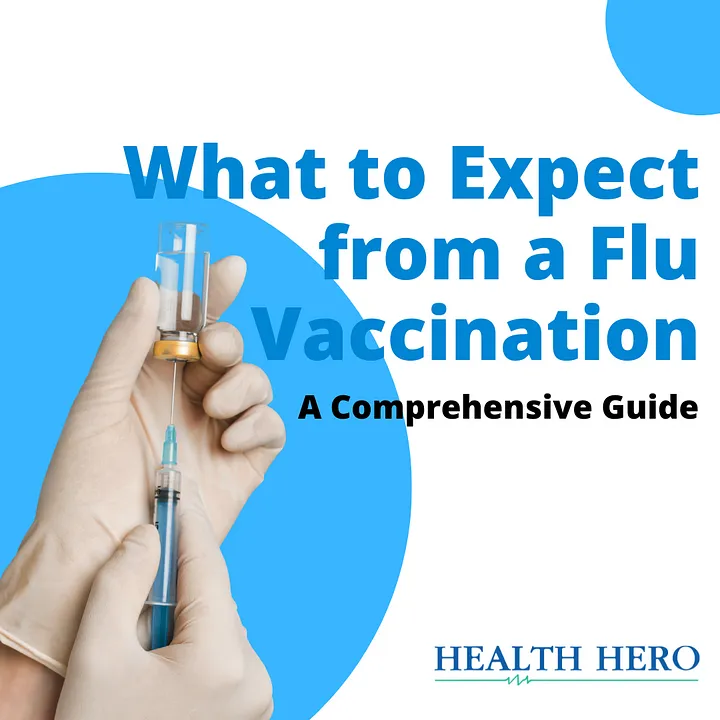Each year, as the chill of autumn begins to settle, a familiar campaign begins to roll out in doctor’s offices, pharmacies, and clinics worldwide: it’s time to get your flu shot. If you’ve never had a flu vaccination or are considering it for the first time, you might have questions about what to expect. Here’s a breakdown of the process and what follows.
Before the Shot
Eligibility Check: While the flu vaccine is recommended for nearly everyone over six months, certain groups (like those with specific allergies) may need to take precautions or choose a particular type of vaccine. Always consult your healthcare provider about your medical history.
Different Vaccines for Different Needs
There are multiple types of flu vaccines. Some are high-dose intended for older adults, while others are suitable for people with egg allergies. Your healthcare provider can guide you to the right one.
Dress Appropriately
Wear a shirt with roll-up sleeves for easy access to your upper arm.
During the Vaccination
Quick & Simple: Receiving the shot is a quick process. The vaccine is usually administered in the upper arm.
Minimal Discomfort
Like any shot, you might feel a slight pinch. It’s swift and is over within seconds.
After the Shot
Common Side Effects: Most side effects are mild. You might experience:
– Soreness, redness, or swelling at the injection site.
– Low-grade fever.
– Mild aches.
These symptoms typically disappear on their own in a day or two.
Rare Side Effects
On very rare occasions, people may experience an allergic reaction. Symptoms can include difficulty breathing, swelling around the eyes or lips, hives, racing heart, or dizziness. If you experience any of these, seek medical attention immediately.
Protection Timeframe
It takes about two weeks after vaccination for antibodies to develop and provide protection against the flu.
Duration
The flu vaccine will protect you throughout the flu season. However, because flu strains change over time and the body’s immune response decreases, you must get a new shot yearly.
Effectiveness
The flu vaccine reduces the risk of flu illness by 40% to 60% among the population when the circulating flu viruses match well with vaccine viruses. Even if you contract the flu after getting the vaccine, your symptoms will likely be milder than if you hadn’t been vaccinated.
Getting the flu vaccine is an act of self-care and community responsibility. By protecting yourself, you also help safeguard vulnerable community members like infants, elderly individuals, and those with compromised immune systems. While the flu might seem like just a severe cold to some, it can be deadly for others. Vaccination is a simple step with long-reaching positive effects for everyone. Remember, the more we know, the better prepared we are, so always seek guidance from trusted health professionals about your vaccination.


